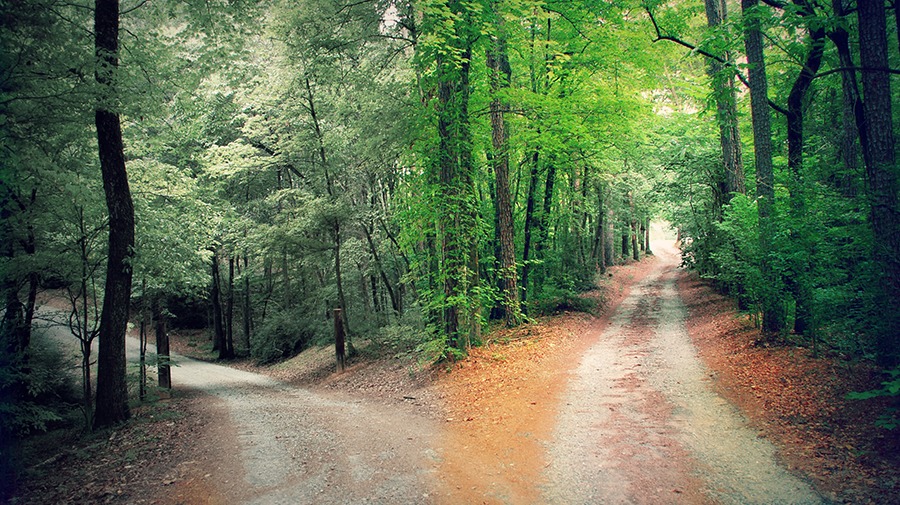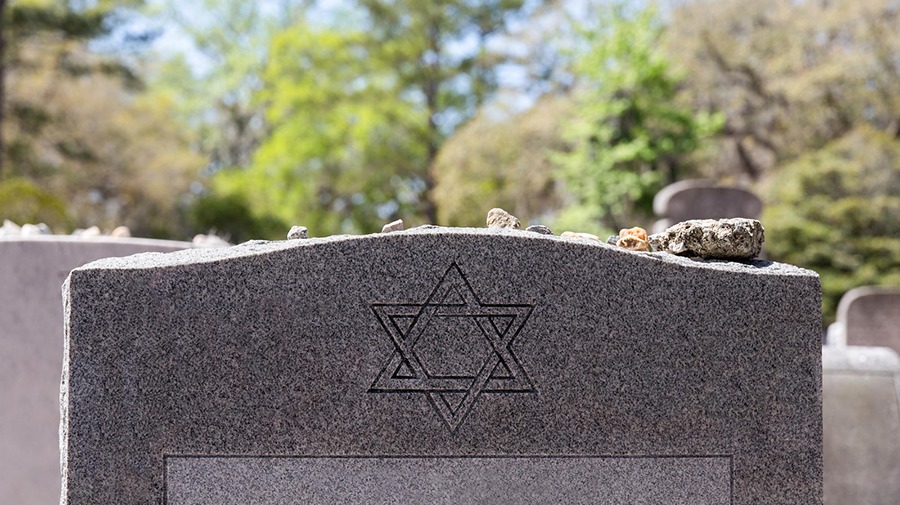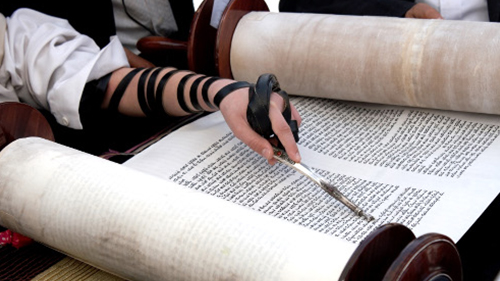Rabbi Becky Hoffman | Associate Rabbi and Religious School Director, Temple Kol Tikvah, Woodland Hills, CA Is fairness learned or is it innate? In a study of capuchin monkeys, Professor Frans de Waal showed that monkeys understand the concept of fairness[1]. In the experiment, he placed 2 monkeys in clear cages side by side. The […]
Life, liberty and the pursuit of happiness. Rabbi Jeffrey Ableser | Temple Beth El of Flint, Michigan, USA Why would an eighteen verse story in BeMidbar be cut in half and read over two Torah portions? Our Torah portion, Pinchas, is problematic for a number of reasons. It starts out with the grandson of […]
In today’s day and age, it is almost trite to talk about the power of words. Trite, because unless you’ve been living under a rock, this generation can communicate the most trivial of things to the farthest reaches of the world in the blink of an eye.
Most people I know would say that death is frightening. While Judaism has notions of afterlife, these are not emphasized. However, we do have extensive literature on the mourning process.
December 2012, Rosh Chodesh, the Kotel. It’s the moment the policewoman pulls me aside because I am wearing my tallis. I say to her, “This must be incredibly hard for you to do.” (She looks back at me puzzled). Many hours later, after being interrogated and finally released from the Old City police station, concerned friends ask, “Were you afraid?” I was not. Since then, I’ve thought a good deal about what makes me afraid – and what does not.
The Torah portion this week is called Lech lecha, which, loosely translated, means get going! God commands Abram to leave his birthplace and go to a new land that God will show him. In the first three verses of this portion, (Genesis 12:1-3) the word bracha, meaning blessing, appears five times.
I write this davar Torah about Noah and the Flood surrounded by a healthy dose of irony. Currently my local community and my state of South Carolina await the forthcoming chaos that Hurricane Florence will bring to our region. This is the third Hurricane in two years in which many like myself have had to endure by evacuating from our homes, waiting for the Flood to end and anticipating the aftermath of the Hurricane’s damage to our property and our community’s spirit.
Beresheet begins our Torah-reading cycle anew. Once again, we turn the scroll over and read our people’s origin story; a mythological history that speaks to the wonder our ancestors saw when they looked at the ever-changing world around them. This parshah tells the story of how God created the world, and everything in it, through the power of God’s speech. The Torah then tells the early stories of humanity; of Adam and Eve, Cain and his brother Abel, and introduces us to Noah, whose actions will help renew Creation in next week’s reading.
For the last number of years, the summer edition of our synagogue magazine has focused on the Jewish travel experiences of our members. As well as boasting as a member, Cathy Winston, the travel editor for the British Jewish Chronicle, congregants wrote about Crete and Corfu, Dubrovnik and Copenhagen and the Judah Hyam synagogue in New Delhi. Numbers 33, the opening chapter of the sidrah, Mase’ei reads like a travel itinerary, the stages of the Israelites wanderings in the wilderness.
Parshat Balak was the Torah portion read on my first Shabbat as rabbi of the congregation I would go on to serve for 35 years. I observed then that there must be something instructive — and maybe cautionary — to be gleaned from the coincidence of assuming this new pulpit on the Shabbat when we read a Torah portion that prominently features a talking ass. My new congregation laughed – with me rather than at me, thankfully. But the truth is, that among the insights found in this complicated Torah portion, is this: what we say reveals a great deal about who we are.






